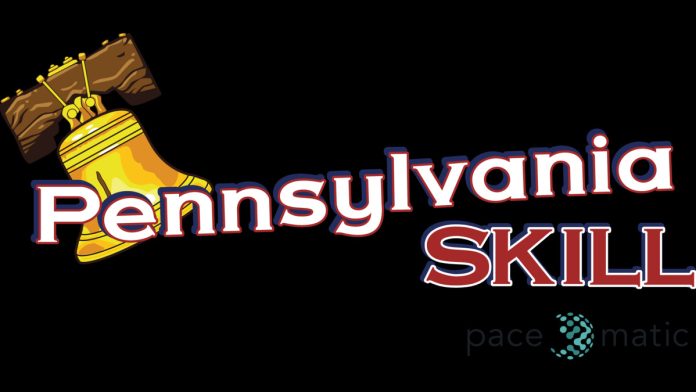Gray machines manufacturer Pace-O-Matic (POM) is supporting legal action as a response to a Pennsylvania council’s attempt to ban skill games.
POM, which also licenses skill games, has voiced support for a lawsuit filed by gaming machine distributor G&B Amusements and 7-Eleven franchise owner Tariq Jahlil. The two parties filed a Court of Common Pleas complaint in Pennsylvania arguing that the Philadelphia City Council’s latest effort to ban skill games, Bill No. 240010, is reserved for the state legislature. G&B and Jahlil argue the city council has no authority over gaming.
The suit is a response to Bill No. 240010 passing unanimously on March 21. The bill, if signed into law by Mayor Cherelle Parker, would only allow businesses that hold a casino or liquor license to host skill game machines.
“Pennsylvania Skill and skill game software company Pace-O-Matic are alarmed that city council would pass a measure that will hurt small family-owned businesses,” said Pennsylvania Skill spokesman Mike Barley. “We take the welfare of the city seriously and agree with council members that the number of illegal gambling machines cropping up in Philadelphia locations is a problem. A ban that includes legal skill games, however, is not the answer.”
Bill No. 240010 has garnered support from lawmakers due to safety concerns regarding the accessibility of skill game machines in metropolitan areas. The American Gaming Association has also taken a stance as it believes the games are illegal slots.
Favorable outcome for Pace-O-Matic
Last December, the Commonwealth Court of Appeals ruled in favor of POM in Dauphin County after arguments that the company’s games are unlawful under Pennsylvania’s current gaming regulations.
“In summary, the POM machines are not slot machines as commonly defined, and we decline to import a broad definition used to regulate legal gambling into this criminal statute,” said the appeals court opinion authored by Judge Lori Dumas.
POM had previously secured a victory for similar arguments in a Monroe County court. The decisions were based on POM’s games requiring a preponderance of skill to play.
Banilla Games also received a favorable ruling in the Supreme Court of Pennsylvania after it declined to hear an appeal regarding the seizure of the company’s skill game machines. Banilla continues to operate in the state along with licenses in Iowa, Georgia, and Washington.













